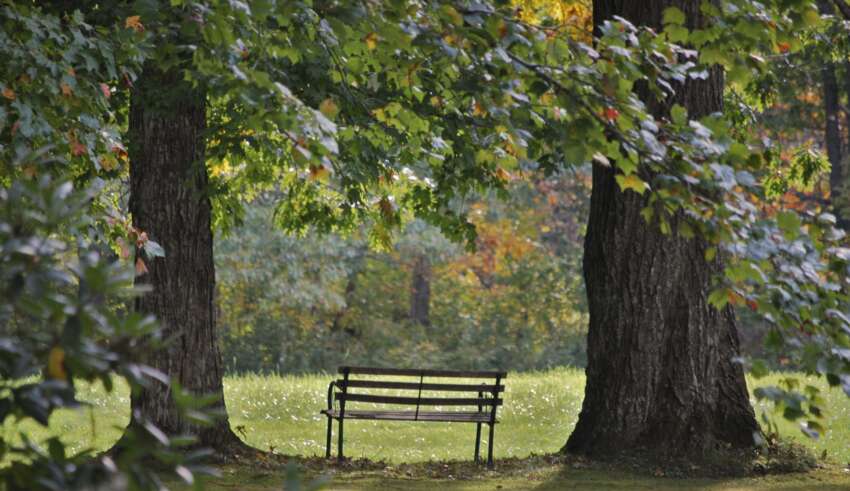
Friendships that Change Yet Endure
As I have noted, many of our friendships change over time. Some of our friendships drop off over time. These are usually gradual changes and the loss of connection takes place slowly over time. These changes and losses are especially likely to occur with people who no longer remain in our same workplace neighborhood or in our same physical community. We live in what xxx has called a “temporary society” and often live with temporary relationships.
My Adult Chum: Enduring Male Friend
Some friendships remain in place throughout a lifetime. They might shift with the development stages engaged by each friend, but there is a core set of shared perspectives and core commitments that remain in place. In the case of an enduring friendship in my own life, I can point to my fifty-year relationship with Gary Quehl. This relationship was initially instrumental. I worked as a consultant with Gary when he was head of a small college consortium in New York State. It all began when Gary and I as young (ambitious) men were attending a higher education conference at the Wingspread Center in Wisconsin.
Staying overnight at a nearby Holiday Inn, Gary and I were having drinks at a very noisy Holiday Inn bar. In the midst of this noise, Gary mentioned that he was initiating a development program for faculty at his colleges and was planning to engage a specific set of tools that focus on problem-solving and decision-making. I knew this tool and strongly believed that faculty would find it alienating and of little use in their own teaching career. I didn’t say anything, but did wince when he mentioned to this tool. We were just relaxing in the bar after a demanding day of work. I didn’t want to stir up anything. And it was noisy!
Our enduring relationship was established at this moment, for Gary picked up on my nonverbal display of disapproval. He immediately asked me about the reasons for my disapproval. I hesitated, but decided that his real concern about setting up a viable program was worth my candor. I shared my own experiences in using this tool with faculty and Gary seemed relieved to be rescued from a potentially-disastrous outcome. He then asked me if I had any idea of an alternative program for faculty. I told him about the “pioneering” work I had done with faculty as a young faculty member at the University of Idaho. Gary was intrigued and asked for more information about my program and about the outcomes of this program. I was soon asked by Gary to run my program at his consortium. The field of “faculty development” was born and both Gary and I became leaders in this newly-emerging academic reform movement.
I have written about “marker events” that are central to the founding stories of most long-term couples (Bergquist, 2023) These events (such as an extended conversation, a moment of graciousness, or even an embarrassing stumble) established a pattern in a couple’s relationship that are repeatedly replicated during their many years together. It might be the way one member of the couple initiated a specific topic (“Jim was the first to mention his commitment to raising children”) or the way in which one of the members offered advice (“Susan suggested that we order the Roast Duck, which was a specialty of this restaurant.”) In the case of my relationship with Gary, it was the insistence on candor on Gary’s part. He wanted to know what I really thought of this tool. It was also Gary’s openness to new ideas that truly impressed me. Here I was. Unknown to Gary. Yet, he wanted to hear what I had to offer.








